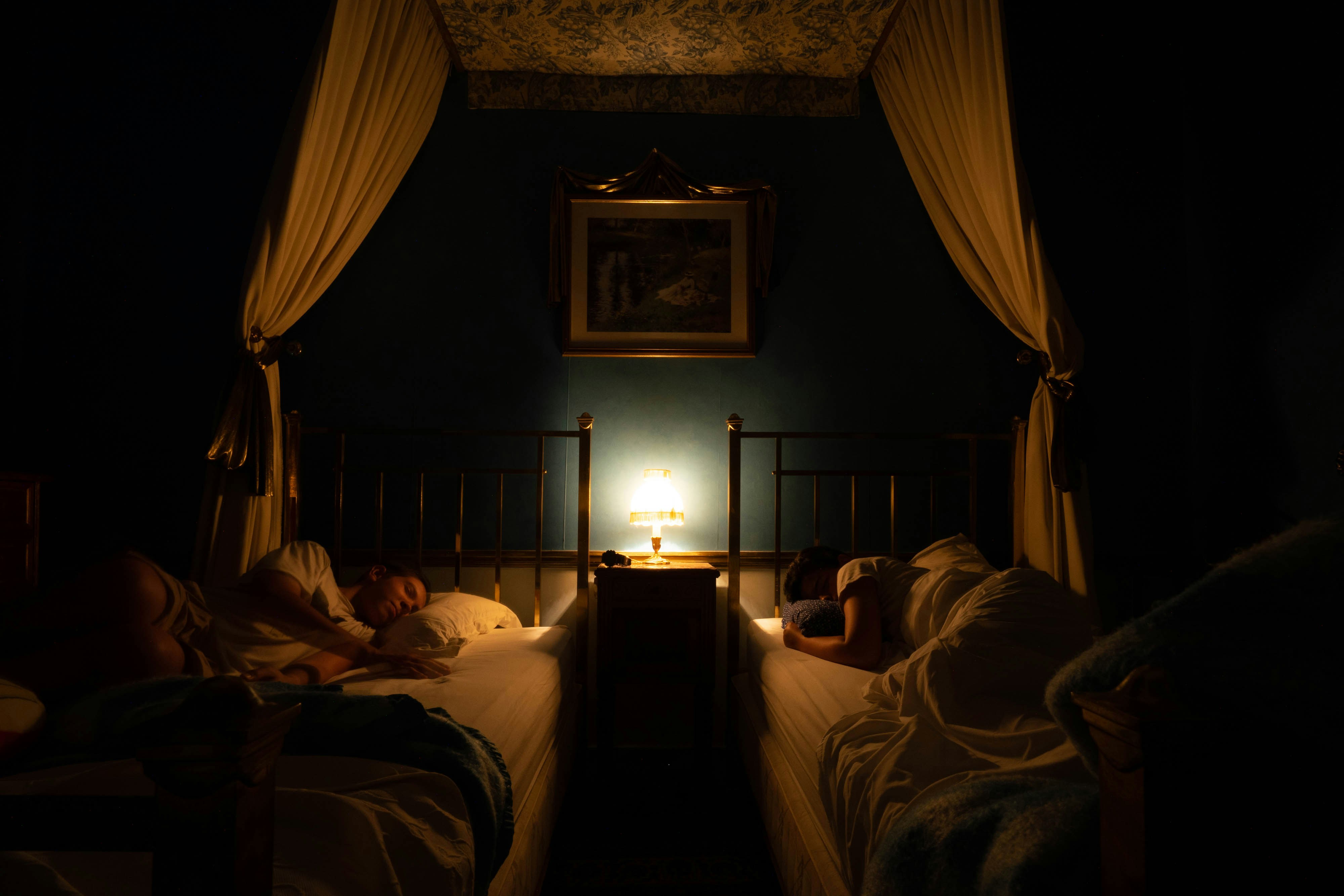Media release
From:
Wired for sleep - Technology may help us sleep longer, but it could also disrupt circadian rhythms. Analysis of over 50 population-level sleep studies has revealed industrial societies that rely heavily on technology experience longer, more efficient sleep compared to non-industrial populations. However, non-industrial societies maintain better circadian rhythms. The authors say technology could help increase sleep duration but this could be at the expense of natural circadian rhythms, which may impact overall health and well-being. Proceedings B
Are humans facing a sleep epidemic or enlightenment? Large-scale, industrial societies exhibit long, efficient sleep yet weak circadian function
Proceedings of the Royal Society B: Biological Sciences
Recent research challenges the notion that modern, industrial societies suffer from a sleep epidemic due to labor and technology. Instead, findings from a study using polysomnography and actigraphy on 54 populations reveal that people in large scale industrial societies actually enjoy longer, more efficient sleep. However, the study supports the idea that non-industrial societies maintain better circadian rhythms, suggesting that while industrial environments might offer more sleep, they could disrupt natural circadian patterns. This suggests that while technology might aid in getting more sleep, it could be at the expense of natural circadian alignment, impacting overall health and well-being.



 International
International



